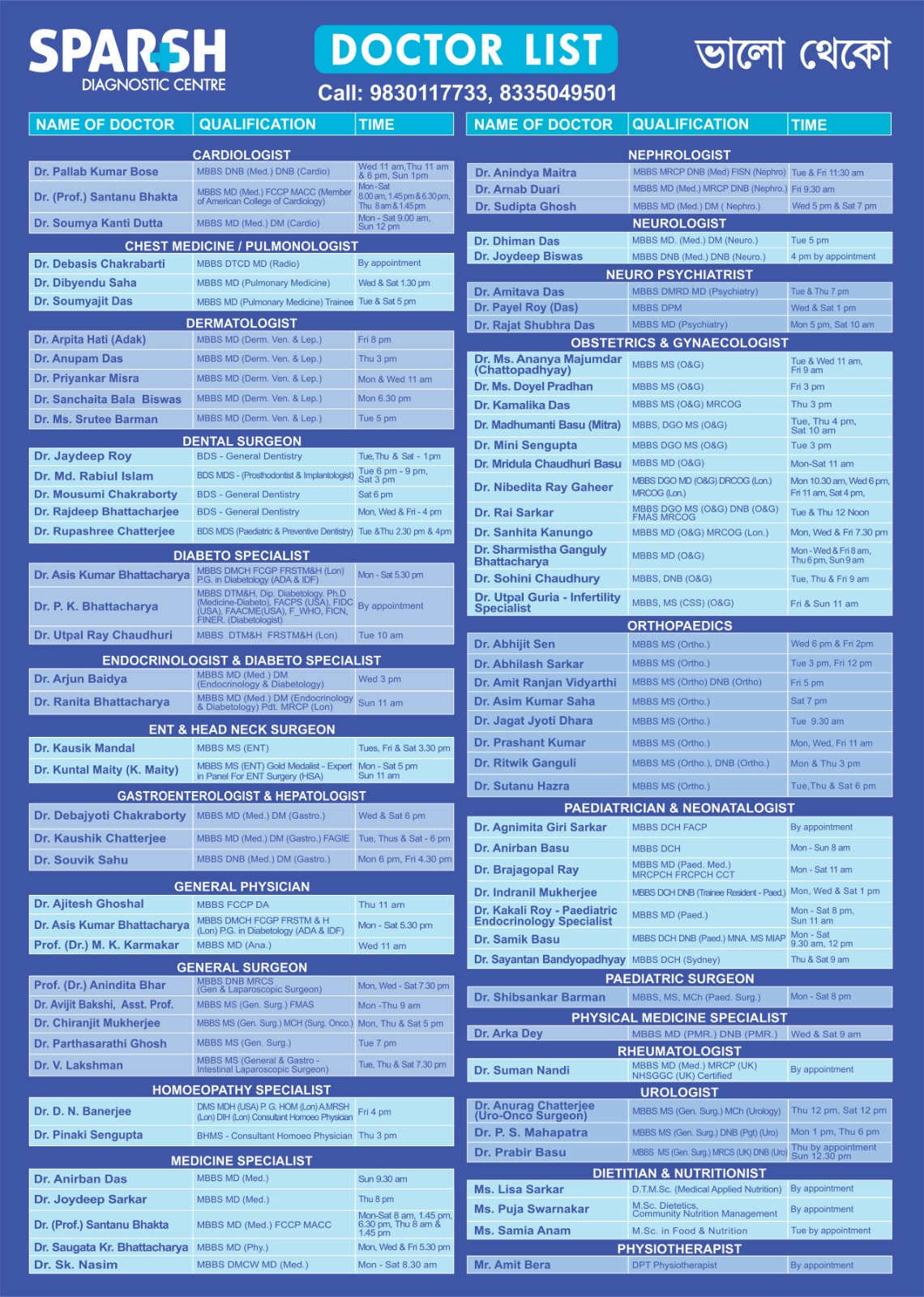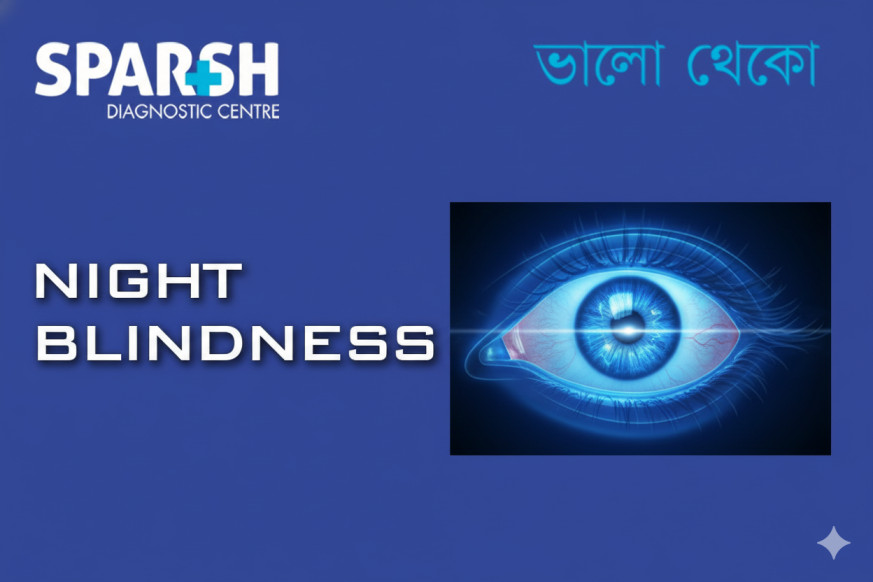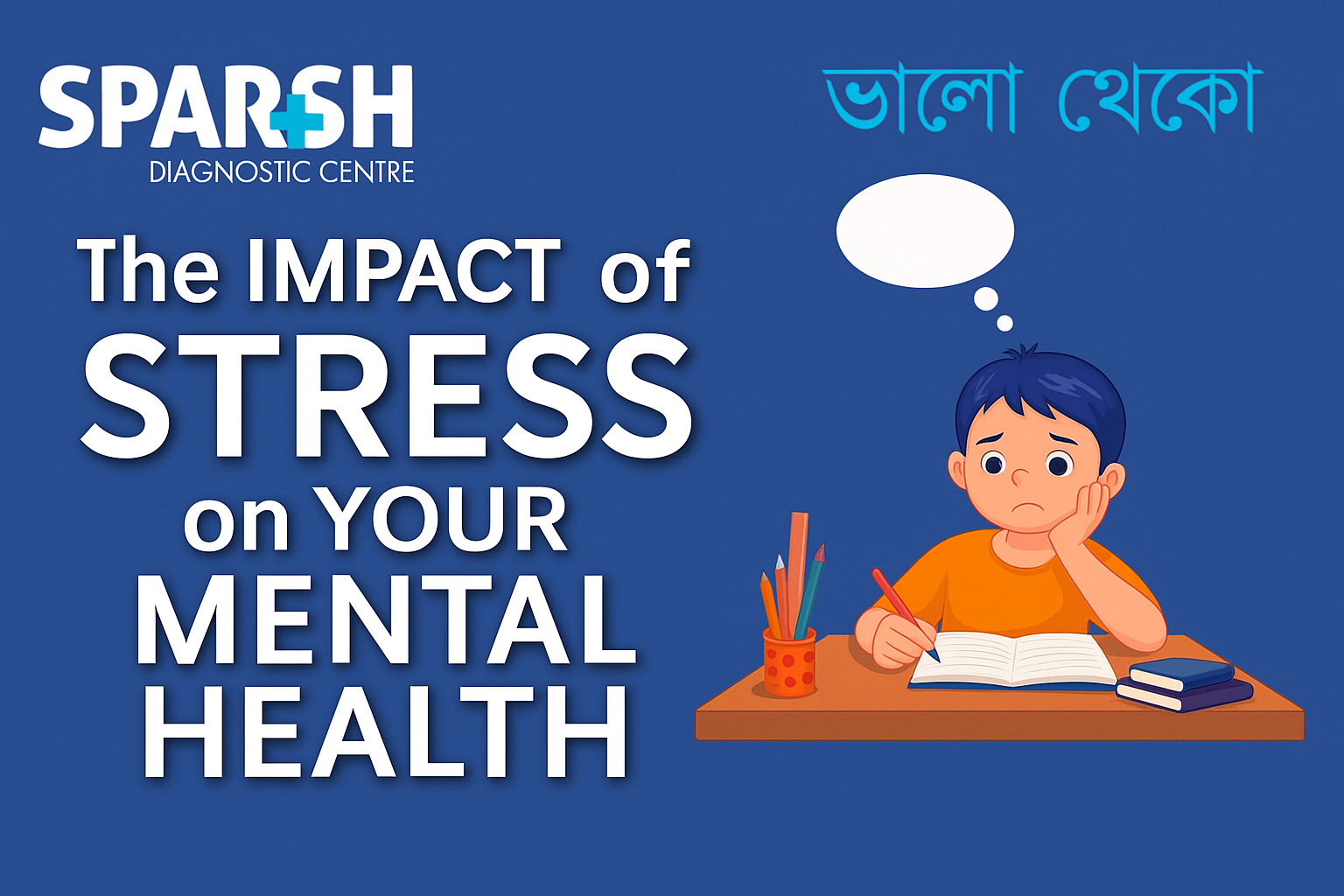Night blindness, medically known as nyctalopia, is a condition where a person experiences difficulty seeing in low-light or dark environments. It is not a disease in itself but a symptom of an underlying eye or health disorder. Night blindness can affect people of any age, though it is more common among older adults due to age-related eye changes. For many, the earliest signs appear while driving at night, walking into dimly lit rooms, or navigating poorly lit streets.
With modern lifestyles demanding screen use, late-night commuting, and prolonged visual exposure to artificial lighting, understanding night blindness has become increasingly important. This comprehensive guide explores what night blindness is, why it occurs, early warning signs, diagnosis, treatment options, complications, and effective prevention strategies.
What is Night Blindness (Nyctalopia)?
Night blindness refers to impaired ability to see clearly at night or in low-light conditions. People with this condition may take longer for their eyes to adjust when moving from a bright area to a dark one. While the term suggests complete inability to see at night, most individuals still retain some degree of vision—it is the quality and clarity that deteriorate.
How does vision work in the dark
Understanding how the eye adapts to darkness helps explain why night blindness occurs.
The retina contains two types of photoreceptor cells:
Rods, responsible for night and peripheral vision
Cones, responsible for color and daytime vision
Night blindness generally indicates a problem with rod cells, leading to poor visibility in low-light environments.
Common causes of Night Blindness
It can arise from various conditions, some temporary and others progressive. Understanding the root cause is essential for effective treatment.
1. Vitamin A Deficiency
Vitamin A is essential for producing rhodopsin, a pigment in rod cells responsible for night vision. Deficiency leads to reduced ability to see in dim light. It is still common in parts of the world with malnutrition but can occur anywhere due to poor dietary habits or malabsorption disorders.
2. Cataracts
A cataract is the clouding of the eye’s natural lens, causing blurred vision, glare, and difficulty seeing at night. It is one of the leading causes of night blindness among older adults.
3. Retinitis Pigmentosa (RP)
RP is a rare genetic disorder where the retina gradually degenerates. Since rod cells are affected first, night blindness is often the earliest symptom.
4. Glaucoma and Glaucoma Medications
Advanced glaucoma damages the optic nerve, affecting night vision. Certain glaucoma medications restrict pupil dilation, reducing light entry into the eye.
5. Diabetes and Diabetic Retinopathy
High blood sugar damages retinal blood vessels, impairing low-light vision and increasing the risk of night blindness.
6. Nearsightedness (Myopia)
People with severe myopia often experience difficulty seeing at night due to retinal strain and poor light adaptation.
7. Keratoconus
This progressive condition causes thinning of the cornea. The distorted cornea does not focus light properly, resulting in glare and night vision problems.
8. Aging
As people age, the lens becomes less flexible and more opaque, leading to gradual decline in night vision.
9. Certain Medications
Some drugs, including antihistamines, antipsychotics, and certain hypertension medications, may affect night vision as a side effect.
Symptoms of Night Blindness
Night blindness manifests through a variety of symptoms, including:
Difficulty seeing while driving at night
Trouble navigating dimly lit environments
Slow adjustment when moving from bright to dark areas
Frequent tripping or bumping into objects at night
Poor peripheral vision
Glare or halos around lights
Difficulty distinguishing objects in low contrast
If these symptoms interfere with daily activities, especially driving or night-time walking, professional evaluation is important.
Who is most at risk?
Certain populations have a higher risk of developing night blindness. These include:
Older adults
People with diabetes
Individuals with family history of retinal diseases
People with vitamin A deficiency or absorption disorders
Those with severe myopia
Individuals using medications affecting pupil dilation
People with chronic eye conditions like glaucoma
How is Night Blindness diagnosed
Early and accurate diagnosis is essential for preventing complications.
1. Comprehensive Eye Examination
An ophthalmologist will evaluate visual acuity, eye pressure, and overall eye health.
2. Retinal Examination
Using ophthalmoscopy or fundus imaging, the doctor assesses the retina for signs of disease.
3. Visual Field Testing
This identifies peripheral vision loss commonly seen in conditions like RP or glaucoma.
4. Electroretinogram (ERG)
ERG measures the electrical activity of rods and cones and helps identify retinal degeneration.
5. Blood Tests
These may be done to check vitamin A levels or detect systemic diseases affecting the eyes.
6. Refraction Testing
This determines whether nearsightedness is contributing to night vision problems.
Accurate diagnosis helps tailor treatment to the underlying cause.
Treatment Options for Night Blindness
Treatment varies based on the specific cause. Some causes are reversible, while others require long-term management.
1. Vitamin A Supplementation
For individuals with deficiency, restoring normal vitamin A levels through diet or supplements can significantly improve night vision.
2. Cataract Surgery
Removing the cloudy lens and replacing it with a clear artificial lens restores clarity and improves night vision dramatically.
3. Managing Diabetes
Controlling blood sugar, undergoing regular eye screenings, and treating diabetic retinopathy helps prevent worsening night blindness.
4. Corrective Lenses
Prescription glasses or contact lenses can improve vision in people with myopia-related night blindness.
5. Treating Keratoconus
Treatment options include corneal cross-linking, scleral lenses, or in advanced cases, corneal transplantation.
6. Addressing Retinal Diseases
Genetic retinal diseases like RP currently have no cure, but treatments aim to slow progression and preserve remaining vision.
7. Adjusting Medications
If medication is causing night vision issues, doctors may adjust dosage or prescribe alternatives.
8. Lifestyle & Environmental Modifications
Certain adaptations can help manage symptoms:
Increasing indoor lighting
Using anti-reflective eyewear
Avoiding night driving
Allowing eyes to adapt when entering dark places
Complications of untreated Night Blindness
Ignoring night vision problems can lead to:
Increased risk of accidents
Falls and injuries
Difficulty driving at night
Reduced independence
Worsening underlying eye conditions
Permanent vision loss in severe retinal diseases
Early detection is essential to prevent serious complications.
Foods that help improve Night Vision
A diet rich in eye-supporting nutrients helps maintain healthy vision.
Vitamin A-Rich Foods
Carrots
Spinach and kale
Sweet potatoes
Mangoes
Eggs
Liver
Antioxidant Foods
Berries
Nuts and seeds
Broccoli
Green leafy vegetables
Omega-3 Fatty Acids
Salmon
Flaxseeds
Walnuts
Balanced nutrition plays a key role in preventing vision decline.
Prevention Tips
While not all forms of night blindness are preventable, certain steps can reduce the risk:
Maintain a vitamin A-rich diet
Manage diabetes effectively
Get routine eye check-ups, especially after age 40
Wear sunglasses to protect against UV damage
Ensure proper lighting in indoor spaces
Use digital devices responsibly
Seek medical attention for persistent vision issues
FAQ Section
1. Is night blindness permanent?
Night blindness caused by vitamin A deficiency or cataracts is usually reversible with proper treatment. Genetic retinal diseases may cause permanent impairment.
2. Can night blindness be cured?
Cure depends on the underlying cause. Cataracts and vitamin A deficiency are treatable, while conditions like retinitis pigmentosa require long-term management.
3. How do I know if I have night blindness?
If you struggle to see when moving from bright to dim areas, have difficulty driving at night, or often stumble in dark environments, you may have night blindness.
4. Does using phones or screens cause night blindness?
Screens do not directly cause night blindness but can strain the eyes, worsen dryness, and reduce light adaptation.
5. Can children develop night blindness?
Yes. Vitamin A deficiency, genetic disorders, and certain eye conditions can cause night blindness in children.
6. When should I see a doctor?
Seek medical attention if night vision progressively worsens, interferes with driving, or appears suddenly without explanation.
7. What tests diagnose night blindness?
Eye exam, retinal imaging, ERG, blood tests, and visual field testing help diagnose the condition.
8. Does wearing glasses help?
Corrective lenses help if the night blindness is related to myopia or refractive errors.
9. Can night blindness affect daily life?
Yes. It increases the risk of accidents, affects night driving, and can impact independence if severe.
10. Is night blindness a sign of aging?
While night vision can decline with age, significant symptoms should always be evaluated by an eye specialist.
Night blindness is a common vision concern that affects daily life and safety, especially during low-light activities like driving at night. While some forms of night blindness are temporary and easily treatable, others may indicate chronic retinal disease requiring long-term care. Regular eye examinations, balanced nutrition, and timely treatment are essential for maintaining optimal vision.
#BhaloTheko
Disclaimer:
No content on this site, regardless of date, should ever be used as a substitute for direct medical advice from your doctor or other qualified clinician.

![]()






[…] Night blindness or poor vision in dim light (due to vitamin A deficiency). […]